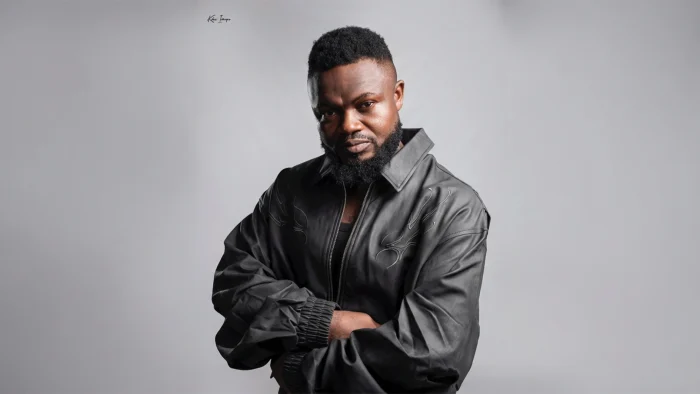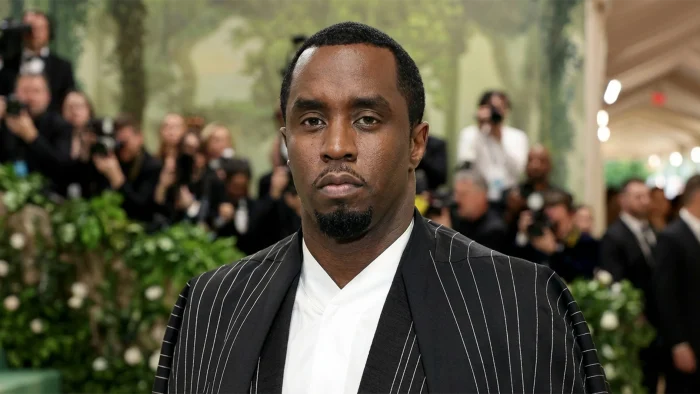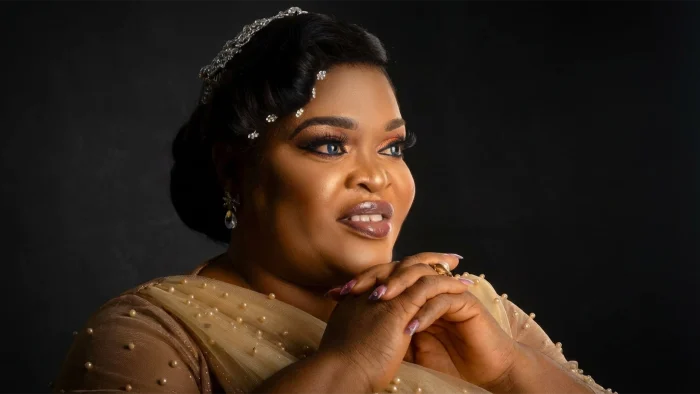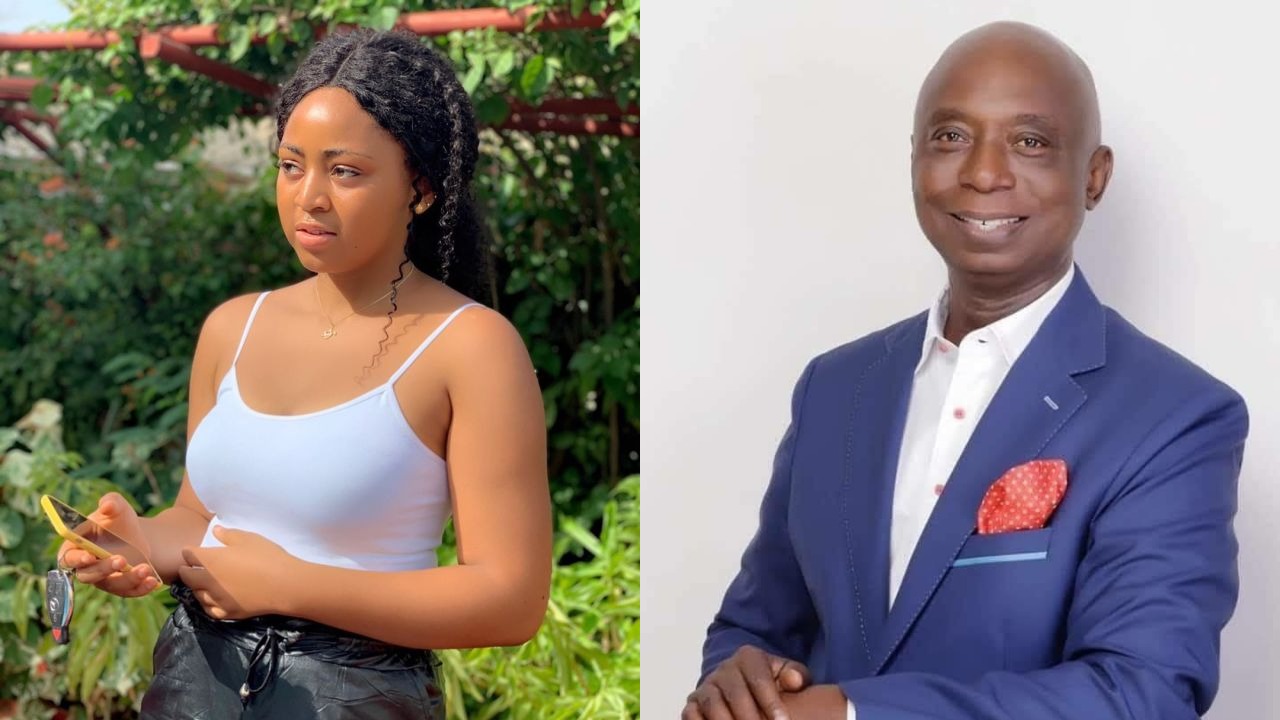 The 70s and 80s were really period of cultural renaissance. Not only did Nigeria host the black race in what was dubbed Second World Black and African Festival of Arts and Culture (FESTAC) in 1977, the country also proved to be a moving force in deepening black civilisation.
The 70s and 80s were really period of cultural renaissance. Not only did Nigeria host the black race in what was dubbed Second World Black and African Festival of Arts and Culture (FESTAC) in 1977, the country also proved to be a moving force in deepening black civilisation.
[ad]
The period was also marked by iconic television series such as ‘The Village Headmaster’, ‘For Better, for Worse’, ‘Behind the Cloud’, ‘The Third Eye’, ‘Supple Blues’ and the ‘Masquerade’, among many others, that left an indelible mark on the Nigerian entertainment landscape.
Among these, the ‘Masquerade’ stood out as a classic that seamlessly combined humour and insightful societal commentary.
Later, in the early 80s, there was a change in the programme, which led to its rechristening as the ‘New Masquerade’, thus, reintroducing viewers to new characters and their enduring relevance.
A Cultural Touchstone
The light-hearted programme was conceived to bring laughter to homes after the debilitating Nigerian civil war. It was more than just a television series. It was a cultural touchstone. This sitcom navigated the complex landscape of Nigerian society with a brilliant mixture of humour and social commentary.
Through its characters, it explored the struggles, dreams, and idiosyncrasies of everyday people, creating a tapestry of relatable yet comical situations.
With Chief Zebrudaya, alias ‘4.30’, brilliantly portrayed by Chika Okpala, as the lead act, the programme presented its viewers a character who embodied the paradox of societal respect.
A pompous, half-educated champion of the elite, he spoke with a characteristic blend of wrong grammar and self-assuredness. This portrayal is a satirical reflection of those who wield influence despite their evident shortcomings, a theme that strikes a chord with many viewers.
Ovularia, played by Lizzy Evoeme, was Chief Zebrudaya’s wife and the perfect contrast to his character. She was another revered figure in society who complemented her husband’s role as the custodian of norms.
Her character highlighted the significance of women in upholding societal values, even in the face of their husbands’ follies.
A sharp paradox to the elitist role of Chief Zebrudaya is Jegede Sokoya, brought to life by Claude Eke. He represented a character who is solely focused on wealth accumulation, disregarding societal values. His wives, Apena and Ramota, portrayed by Christy Essien-Igbokwe and Veronica Njoku, served as voice of reason.
They constantly advised him to steer clear of trouble and lead an upright life. Their interactions underscored the tensions between traditional values and the pursuit of material gains.
Jegede’s mischievous accomplice and street-smart thug, Zaky, played by Tony Akposheri, added a layer of intrigues. Zaky’s cunning mind and resourcefulness made him an invaluable asset to Jegede, and he excelled in hatching and executing plans for their survival.
Zaky’s character was emblematic of the resourcefulness found in many individuals striving to survive in challenging circumstances.
The duo of artisans, Gringory Akabuogu (James Iroha) and Davis Offor (Clarus), added a dynamic dimension to the series. Their perpetual quest for survival often led them down mischievous paths, and the contrast between Clarus’s honesty and Gringory’s mischief brought humor to the forefront.
Their encounters with Chief Zebrudaya led to hilariously chaotic situations, serving as a commentary on the complexities of life.
Natty, portrayed by Romanus Amuta, was a character whose sole pursuit was gossip and spreading sensational news to secure his own survival.
His escapades, though comical, reflected the tendency of individuals to create and embellish stories for personal gain. Natty’s gossip-driven antics frequently landed him in hot water, creating chaotic and comic situations that resonated with viewers.
A Cultural Exchange of Sorts
What makes ‘Masquerade’ even more fascinating is the cultural exchange within the show. The fact that the three Yoruba characters — Jegede, Apena, and Ramota — were portrayed by Igbo actors added an intriguing layer to the series.
This cross-cultural portrayal highlighted the diversity and unity within Nigeria, transcending linguistic and cultural barriers.
Written and directed by James Iroha, the programme was not just a sitcom, it reflected diverse aspects of Nigerian society.
With its memorable characters and thought-provoking narratives, ‘Masquerade’ remains a classic that transcends time, offering both nostalgia and enduring relevance to generations of viewers.
Enduring Legacy, Impactful Past
‘Masquerade’ holds a unique place in the history of Nigerian television. Its enduring appeal stems from its ability to entertain and educate simultaneously.
The characters’ quirks and foibles served as a mirror to society, encouraging viewers to reflect on the societal norms and contradictions that exist in their lives. This blend of comedy and commentary not only made the show immensely popular during its original run but also ensured its continued relevance in “New Masquerade.”
The legacy of extends beyond its entertainment value. It played a role in shaping the direction of Nigerian television, showcasing the potential of sitcoms as a medium for social critique.
The programme’s impact on popular culture could be seen in the enduring popularity of its characters, who continue to be celebrated and referenced in various forms of media and entertainment.
‘Masquerade’ remains a classic not only for its humour but for its ability to delve into the complexities of society. Through its timeless characters, it has left an indelible mark on Nigerian television, offering a reflection of society’s quirks and paradoxes.
It stands as a testament to the power of storytelling in entertaining and enlightening audiences, and its legacy is bound to continue reverberating for generations to come.
[ad unit=2]








